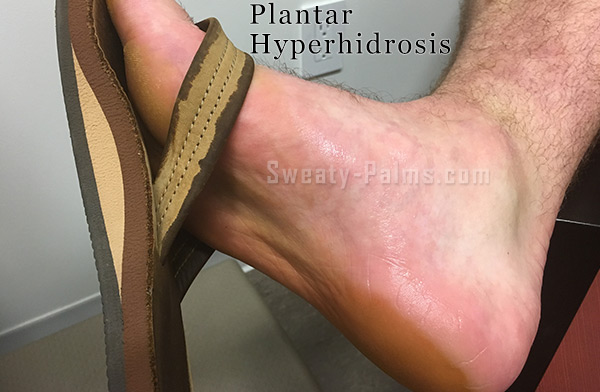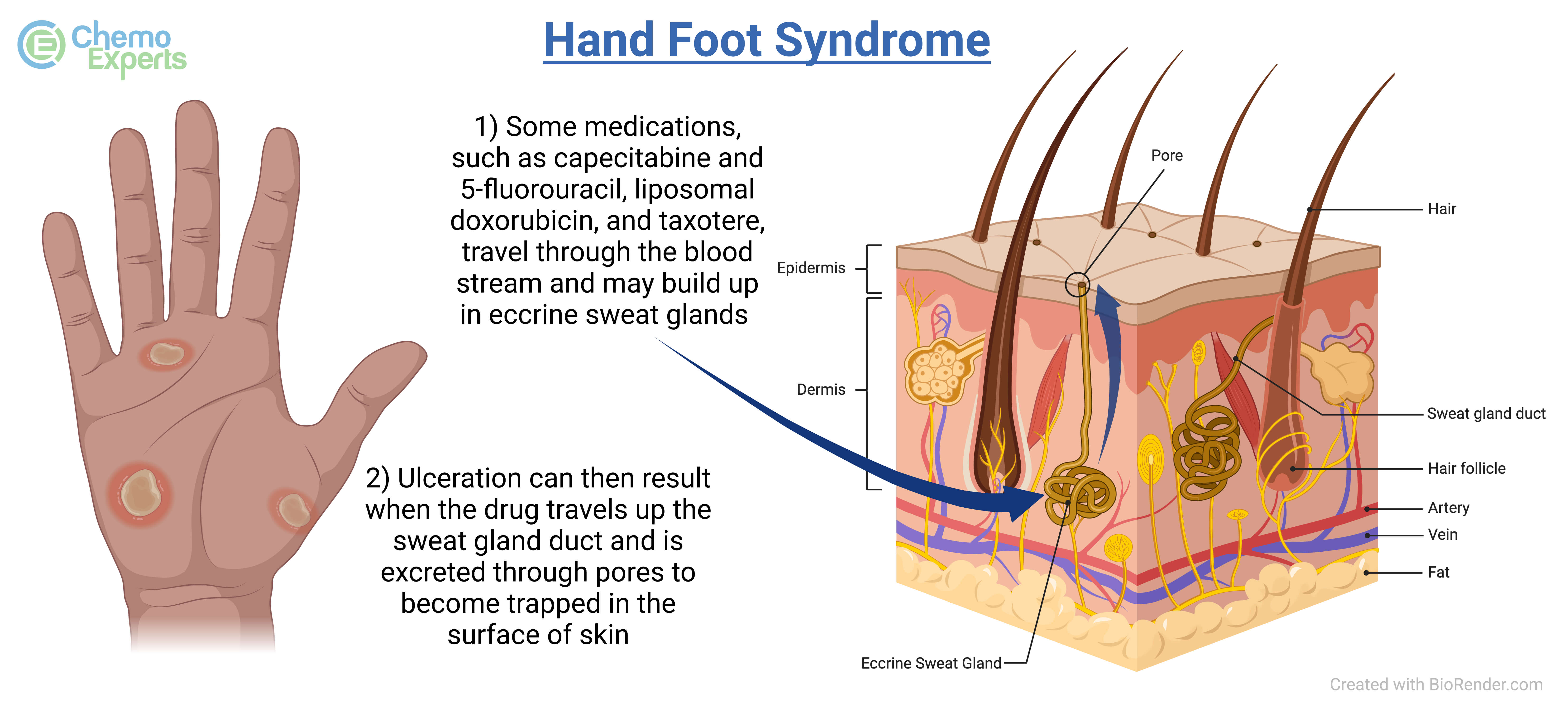Recognizing the Origin of Excessive Sweating and Its Influence on Life
Too much sweating, likewise understood as hyperhidrosis, is a problem that impacts a considerable part of the populace, yet its hidden reasons and implications on daily working remain somewhat enigmatic. While it is frequently recognized as a physical reaction to control body temperature level, the triggers for excessive sweating can differ extensively amongst individuals, encompassing not just physical elements yet emotional and also emotional elements. The impact of this problem expands past plain discomfort, commonly affecting social communications and general high quality of life. By delving right into the origin of hyperhidrosis and exploring its diverse effects, a much deeper understanding of this prevalent problem can be gotten, shedding light on the intricacies that individuals coming to grips with excessive sweating navigate on a daily basis.
Physiology of Sweat Glands
The policy of sweat production, a vital physical process, is mostly managed by the task of sweat glands distributed throughout the body. Gland are categorized into 2 major types: eccrine and apocrine glands. Eccrine glands are one of the most countless and are discovered in practically all locations of the body. They play an important role in thermoregulation by producing a watery fluid onto the skin's surface area, which aids and vaporizes cool the body down. On the other hand, apocrine glands are concentrated in locations abundant in hair roots, such as the armpits and groin, and their secretions are thicker and milky in look.
When the body temperature level rises, either as a result of physical activity, high temperatures, or emotional anxiety, the nervous system causes the gland to create sweat. This sweat is composed mostly of water and electrolytes like salt and chloride. The procedure of sweat production is necessary for maintaining the body's internal temperature within a narrow, ideal range, highlighting the essential function gland play in human physiology.
Triggers for Excessive Sweating
In comprehending the origin of excessive sweating, it is vital to identify the triggers that can lead to this physical response. Too much sweating, also recognized as hyperhidrosis, can be motivated by various factors, both physiological and environmental. One typical trigger is emotional stress or anxiety, which can promote the body's gland to generate more sweat than is necessary for cooling down. Physical effort, high temperature levels, and spicy foods are additionally known to set off too much sweating in people susceptible to this problem. Particular clinical problems like diabetes mellitus, hyperthyroidism, or menopause can contribute to excessive sweating as well.
Moreover, drugs such as some antidepressants, opioids, and particular supplements can also function as triggers for hyperhidrosis. Recognizing these triggers is essential in managing extreme sweating properly - Exessive Sweating. By determining and dealing with the certain triggers that prompt excessive sweating in an individual, doctor can establish customized therapy strategies to minimize this problem and enhance the person's lifestyle
Medical Issue Associated
Linked with too much sweating are various medical conditions that can worsen this physiological response. One usual condition is hyperhidrosis, a disorder identified by abnormally boosted sweating that exceeds the body's thermoregulatory needs. This can manifest in focal locations like the hands, soles, underarms, or face, impacting an individual's lifestyle as a result of social humiliation and discomfort.
Furthermore, endocrine disorders such as hyperthyroidism, diabetic issues, and menopausal hot flashes can likewise lead to too much sweating. Hyperthyroidism triggers an overflow of thyroid hormones, increasing metabolic process and triggering sweating.
Moreover, infections like endocarditis, tuberculosis, and hiv have actually been related to evening sweats, an usual signs and symptom known to interrupt rest and impact total health. These medical problems highlight the varied variety of underlying aspects that can add to extreme sweating, demanding thorough examination and management by health care specialists.
Psychological and psychological Variables

Effect On Social Interactions
Too much sweating can have extensive effects on an individual's capacity to involve easily in social communications. The visible indicators of sweat discolorations or wet patches on apparel can result in humiliation and self-consciousness, creating individuals to withdraw from social circumstances. This withdrawal can affect partnerships, limitation social activities, and impede professional and personal growth.

Moreover, the anxiety and self-confidence issues stemming from excessive sweating can impact interaction and social abilities. Individuals may struggle to focus on conversations, get involved in group activities, or reveal themselves with confidence. This can result in feelings of seclusion and isolation, as social connections come to be challenging to maintain.
Conclusion

While it is typically recognized as a physiological feedback to control body temperature, the triggers for excessive sweating can differ widely among individuals, including not just physical factors but emotional and likewise emotional aspects. By diving into the origin triggers of hyperhidrosis and exploring its multifaceted results, a deeper understanding of this prevalent problem can be acquired, dropping light on the intricacies that individuals grappling with excessive sweating browse on a day-to-day basis.
Physical effort, high temperatures, and spicy foods are additionally known to activate too much this article sweating in individuals vulnerable to this problem. By identifying and resolving the specific triggers that motivate excessive sweating in an individual, healthcare carriers can create personalized treatment strategies to reduce this problem and improve the person's top quality of life.
Too much sweating can have extensive results on a person's capacity to involve conveniently in social communications.